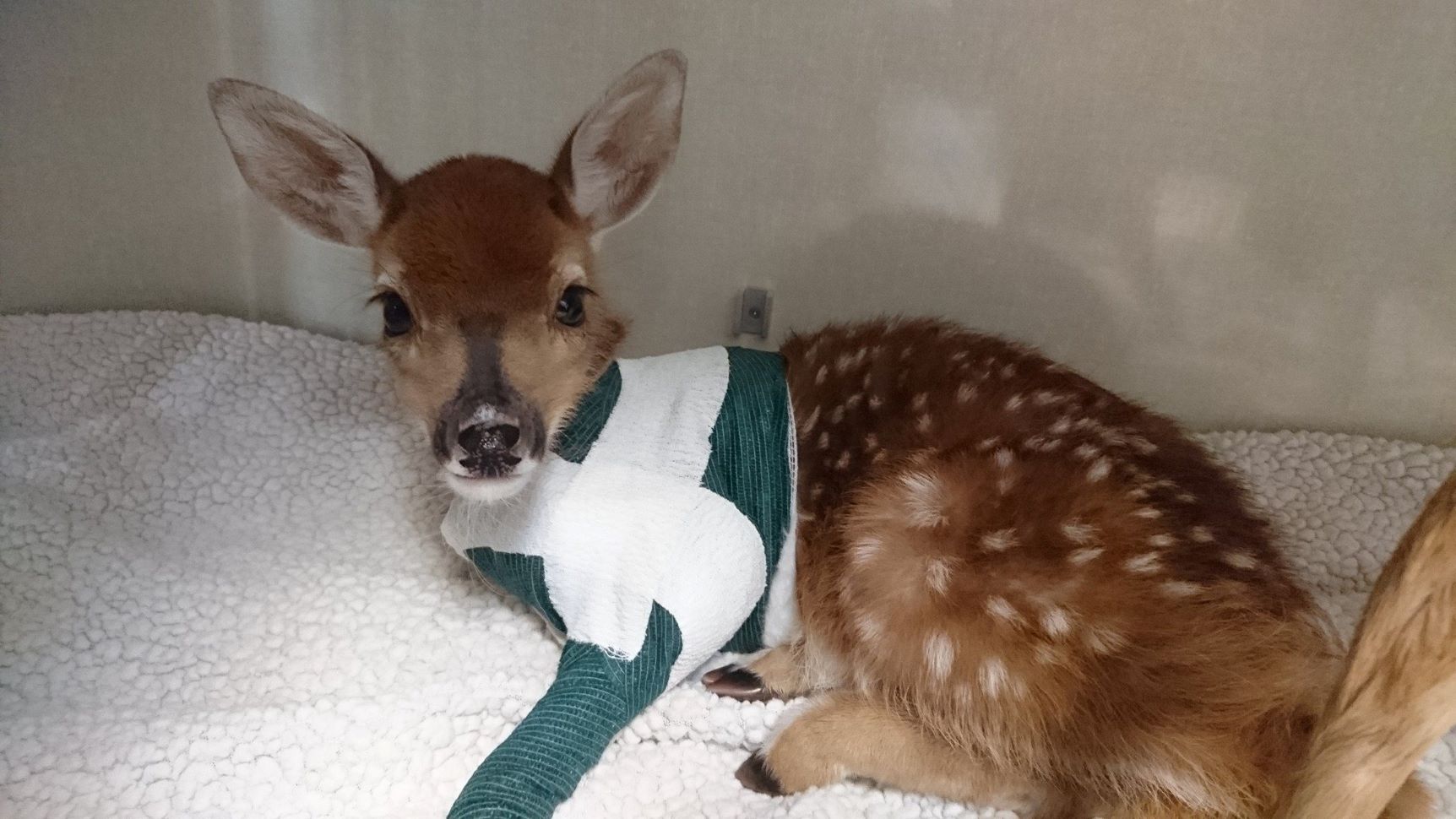The Wildlife Rehabilitation Society of Saskatchewan (WRSOS) is looking for new volunteers in Moose Jaw to help transport injured or orphaned wild animals to approved care facilities.
"WRSOS runs the wildlife provincial helpline," explained executive director Bonnie Dell, "so if you find injured or orphaned or displaced wildlife, we're the ones to call. And we do monitor for emergencies after hours and we've worked really hard to get our name out as the ones to call for wildlife — even if you just have a question about wildlife.
"We've done a really good job and we are getting a tremendous amount of calls, and the Moose Jaw area has become a real hot-spot for us with a huge increase in calls year over year."
Dell said that while WRSOS is happy with the results of their awareness campaigns, they are struggling to keep up with the amount of calls in the Moose Jaw area.
"It's also kind of a central hub for southern and southwestern Saskatchewan and places like Assiniboia and Swift current," she added. "Where we also struggle to get animals to a rehabilitation centre, usually in Regina."
No animal handling is required, nor do they ask volunteers to transport dangerous wildlife, Dell assured — "You'll never have to try and fit an injured moose in your car" — volunteers simply provide safe, compassionate transportation for animals that have already been contained by WRSOS staff or other responders.
"For this position, it is transport-only, so no handling of wildlife is required. Anything that you take will be contained and dropped off in that contained box or crate. ... But you'd be surprised. Most of us start out thinking we'll never handle wildlife, but once you get involved, most people end up donning leather gloves and taking our rescue training."
The organization handles more than 3,500 wildlife calls annually and coordinates over 800 wildlife rescues and transports each year across the province.
To volunteer, you must:
- Be at least 18 years old
- Hold a valid driver’s licence
- Have access to a reliable vehicle
- Be flexible and available when called upon
- Have good communication skills and a positive attitude
In addition to transport, volunteers help provide information to WRSOS’s WildLine educators and partners and follow safety guidelines that protect both wildlife and people. The organization can't afford to reimburse volunteers for fuel costs, but they do offer tax receipts for every kilometre volunteers drive for them.
"You could have a pelican, or raptors — we do an awful lot of Raptor rescues in that part of the province — or it could be a small songbird or a baby bunny, or a baby raccoon. We don't know what we're going to get called about from day-to-day, and that's what makes it such a fun role," Dell explained.
Anyone interested in volunteering can contact WRSOS by email at volunteer@wrsos.org or by phone at 306-242-7177. More information about the organization’s work and volunteer program is available at wrsos.org.
